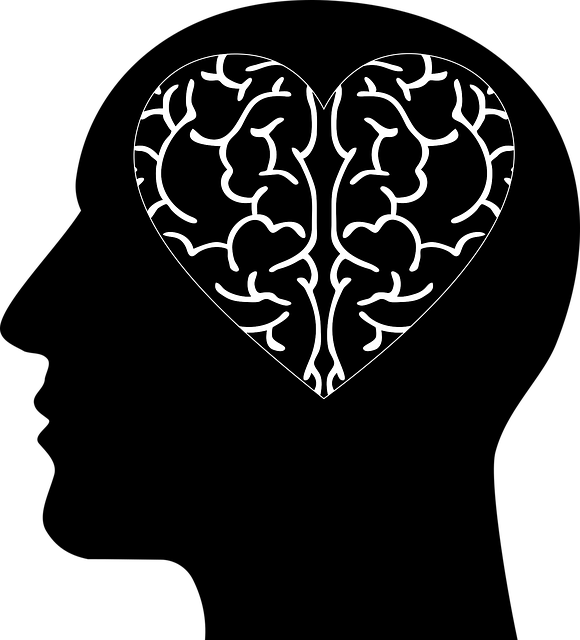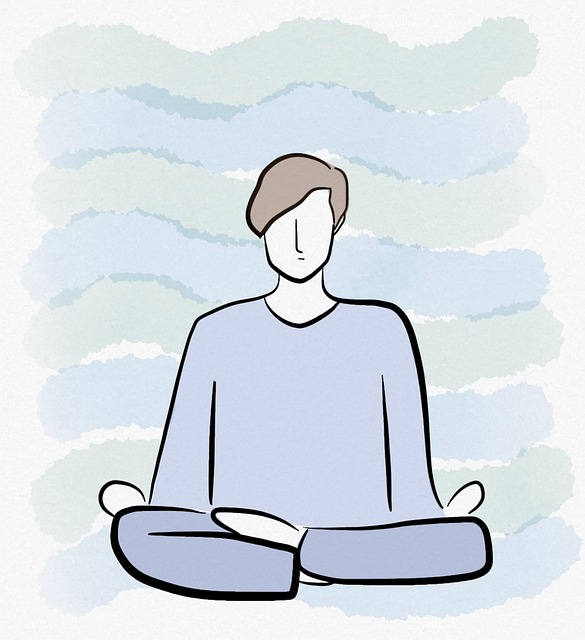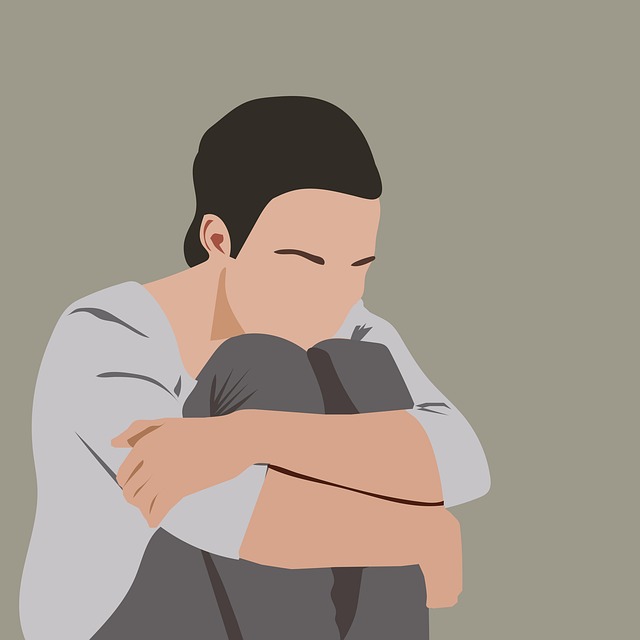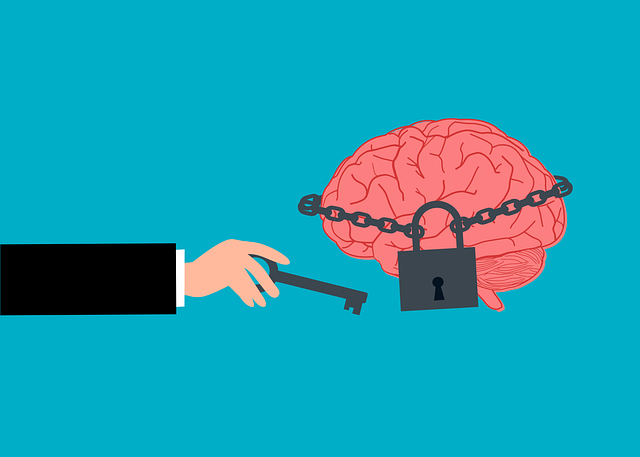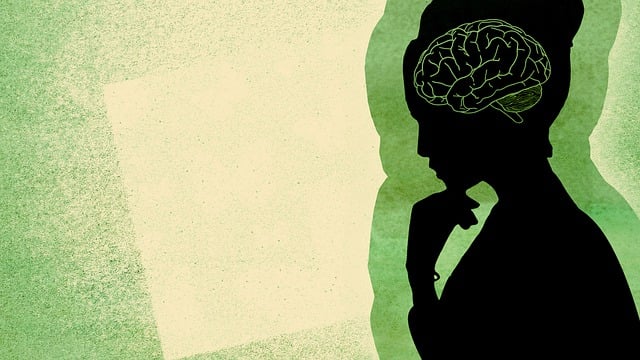For those dealing with Golden Adjustment Disorder (GAD), understanding mental health and implementing a holistic self-care routine are key to effective management. This includes therapy, focusing on tools like meditation, exercise, balanced diets, and setting boundaries, alongside positive thinking practices. Integrating these strategies into daily life enhances GAD therapy, fostering resilience, and improving coping abilities. For optimal well-being, combine therapy with practical techniques such as Compassion Cultivation Practices and Burnout Prevention Techniques to navigate life's challenges successfully.
“Unwind and embrace a transformative journey towards mental wellness with our comprehensive guide. In today’s fast-paced world, prioritizing self-care is paramount, especially for those managing conditions like Golden Adjustment Disorder (GAD).
This article explores the art of cultivating a personalized self-care routine, offering insights into understanding GAD and its unique challenges. We’ll uncover practical strategies, highlighting the synergy between therapy and daily rituals for a balanced mind. Get ready to explore techniques that promise improved mental resilience.”
- Understanding Your Mental Health and Golden Adjustment Disorder
- Building Blocks of a Self-Care Routine for Wellness
- Integrating Therapy and Practical Strategies for Daily Life
Understanding Your Mental Health and Golden Adjustment Disorder

Understanding your mental health is a crucial step towards developing an effective self-care routine. It involves recognizing and acknowledging any existing conditions, such as Golden Adjustment Disorder (GAD), which can significantly impact daily functioning. GAD is characterized by excessive worry and anxiety, often making it challenging for individuals to adjust to new situations or changes in their lives. Therapy plays a vital role in managing GAD by providing tools and strategies to cope with these feelings. Mental wellness coaching programs development can offer structured support, helping individuals navigate the complexities of their minds and emotions.
Mental health awareness is essential in fostering self-care practices tailored to one’s unique needs. Through therapy sessions, individuals learn to identify triggers, develop coping mechanisms, and incorporate healthy habits into their routines. Self-care routine development for better mental health involves a holistic approach, addressing physical, emotional, and psychological well-being. This may include activities like regular exercise, mindfulness practices, maintaining a balanced diet, and setting boundaries to promote overall mental wellness.
Building Blocks of a Self-Care Routine for Wellness

Developing a self-care routine is an essential aspect of nurturing your mental wellness, especially for those managing conditions like Golden Adjustment Disorder (GAD). The first step in crafting this routine involves identifying and prioritizing personal needs. This could include activities that promote relaxation, such as meditation or deep breathing exercises, which are proven to support emotional healing processes and reduce anxiety symptoms associated with GAD.
Additionally, incorporating practices that foster positive thinking and inner strength development is vital. This might be through engaging in hobbies, spending time in nature, practicing gratitude, or seeking professional therapy. A well-rounded self-care routine should aim to provide a sense of calm, balance, and resilience, ultimately empowering individuals to manage their mental health effectively.
Integrating Therapy and Practical Strategies for Daily Life

Integrating therapy with practical strategies is a powerful approach to cultivating mental wellness and achieving a sense of balance in daily life. For individuals dealing with conditions like Golden Adjustment Disorder, combining professional support with self-care techniques can be transformative. Therapy provides a safe space to explore underlying issues, gain insights into one’s thoughts and behaviors, and develop coping mechanisms tailored to individual needs. This process empowers individuals to manage their mental health more effectively.
Practical strategies, such as Compassion Cultivation Practices and Burnout Prevention Strategies for Healthcare Providers, offer tools to navigate challenges in everyday life. These practices encourage self-compassion, mindfulness, and effective stress management techniques. By integrating these skills with therapy, individuals can enhance their resilience, improve coping abilities, and foster a deeper sense of well-being. Additionally, the development of coping skills through structured programs ensures that people have a toolkit ready to navigate life’s ups and downs, promoting mental wellness in both quiet moments and stressful situations.
Developing a mental wellness self-care routine is a transformative journey, especially for those managing conditions like Golden Adjustment Disorder. By understanding your unique mental health landscape and integrating effective therapy strategies, you can create a personalized approach to fostering resilience and overall well-being. Remember, consistent practice is key; adopting practical self-care techniques into your daily life allows you to navigate challenges with greater ease and promote a healthier mind. With dedication, you can revolutionize your mental wellness journey, finding balance and peace in the process.

